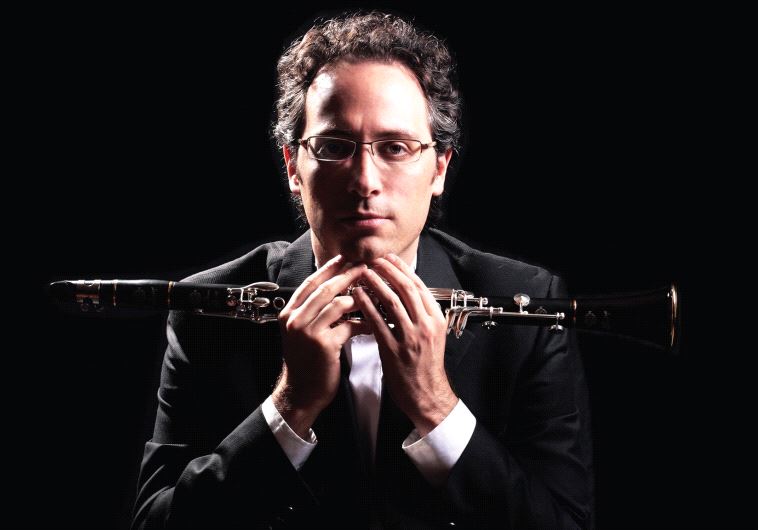The Jerusalem International Chamber Music Festival gets under way September 1
Bashkirova has organized a set of exciting concerts with interrelated composers for the Jerusalem International Chamber Music Festival.
 Israeli clarinetist Chen Halevi(photo credit: VINCENT BOUCHARD)
Israeli clarinetist Chen Halevi(photo credit: VINCENT BOUCHARD)